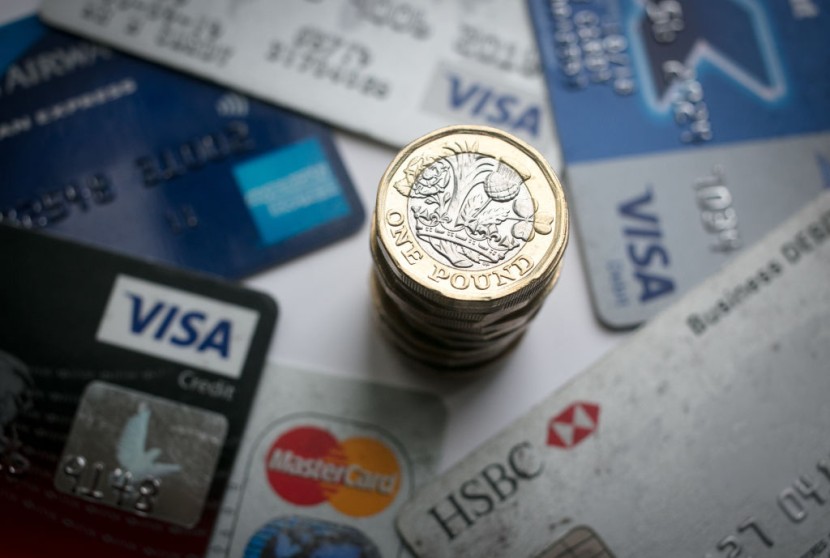
Due largely to the government relief programs passed by Congress earlier this year, the coronavirus has not stopped Americans from keeping up with their credit card payments.
However, buying things with plastic and paying the bill likely depend on whether there will be an outcome on the current negotiations in Washington for another round of economic aid as the majority of the existing aid measures are set to expire soon.
The pandemic plummeted the United States economy into a deep recession, which cost millions of Americans, their businesses, and jobs.
While the economy has recovered lightly recently, based on the latest report on the job market, the pace of hiring has slowed down as new coronavirus cases have risen.
According to Aljazeera, even though the banking industry has not shared industry-wide statistics, the major credit card issuers, Bank of America, Citigroup, JPMorgan Chase, Capital One, and American Express, were able to report relatively stable delinquency rates despite the recession.
Moreover, Capital One, which allowed borrowers to lend despite being less creditworthy, reported a decline in delinquency rates since the momentary spike earlier this year.
Both the industry of analysts and data have made it clear and shared that the measures taken by the government earlier this year at the peak of the pandemic have worked. Without the efforts of the officials, the industry and the cardholders will be in deeper trouble.
Analyst at investment bank Keefe, Bruyette & Woods, Sanjay Sakhrani, shared that the stimulus and unemployment benefits have helped the lower end of credit card borrowers.
As a portion of the $2 trillion coronavirus aid bill that Congress enacted in March, most Americans received a $1,200 stimulus check.
Although the Census Bureau discovered that the bulk of Americans used their funds in paying their household expenses, around one-fifth of the stimulus check recipients have used theirs to pay their debts.
Experts also argue that some household expenses would have ended up on credit cards were it not for stimulus checks and good unemployment benefits.
Since the Great Recession, which happened not less than ten years ago, few mainstream credit card companies have put effort into lending to subprime borrowers or the poor.
Credit card companies are now focusing most of their attention not only on the middle-class but also the upper-class borrowers, who are individuals that usually have jobs that allow them to work remotely and are not in businesses that have been shut down by the global health crisis, Associated Press reported.
Many middle-class individuals who do work in industries impacted by the pandemic have gotten financial relief through the extended unemployment benefits or programs by private sectors and government that has allowed borrowers to enter into forbearance or deferred payment programs.
Sakhrani also mentioned that those measures made by the government and private sector are now sunsetting. Once they are gone, the borrowers are the primary ones who will be affected, NPR reported.
Related Article: US Jobless Claims Hit the Lowest in the Pandemic Era, Signals Rise in Employment Amid Crisis
© 2026 HNGN, All rights reserved. Do not reproduce without permission.








